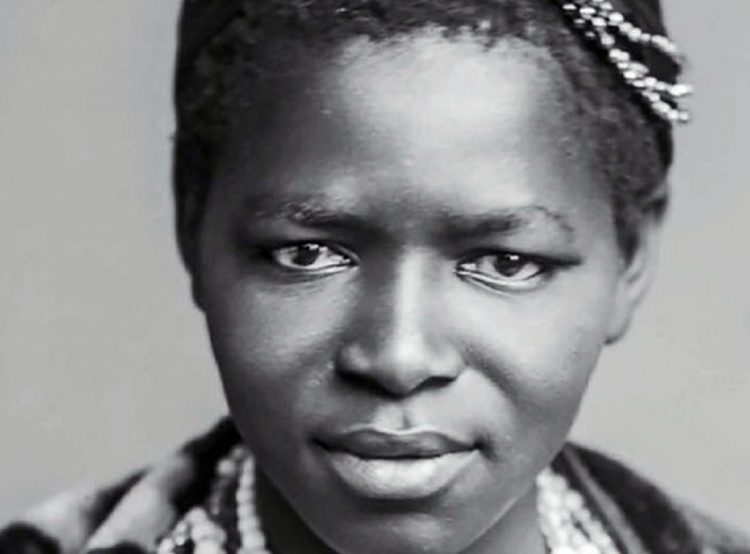Why 7 April is not a day of observance in South Africa is baffling but the role Charlotte Maxeke played in fighting for the rights of black women in the late 1800s ought to be properly recognised.
Happy 149th birthday to Charlotte Maxeke
Today is the late political activist’s birthday. It is biologically impossible but Charlotte Maxeke would have turned 149 years on Tuesday.
She lived in an era most of today’s women would not survive. Born in Fort Beaufort in the late 1800s, Maxeke showed signs of leadership from a very young age.
There are documented testimonies from her teachers who remember her has a uniquely gifted person. It’s said that she advanced past her secondary education at Edward Memorial School, Port Elizabeth, in record time.
Maxeke’s legacy as the mother of black freedom in SA
In 1901, Maxeke became South Africa’s first black female to graduate with a degree, obtained at Wilberforce University.
She had the smarts and the vocal range to match it. In 1891, Maxeke joined the African Jubilee Choir and stood out as a standalone talent.
A solo performance at a town hall in Kimberley, Northern Cape, resulted in her touring Europe in 1896, even going as far as performing at Queen Victoria’s 1897 jubilee at the Royal Albert Hall, in London.
The most powerful aspect of Maxeke’s life is her affinity for social justice. With all of her success as a black woman in that era, she still envisioned a life where freedom and equality were realised in South Africa.
Maxeke is credited for founding the Bantu Women’s League of the South African Native National Congress (SANNC) in 1918 which was later absorbed into the ANC’s women’s league.
It’s believed she played a role in bringing the teachings of the African Methodist Episcopal Church to South Africa in the early 1900s. A life that ought to be remembered and honoured, Maxeke has been immortalised as the mother of black freedom in South Africa.






